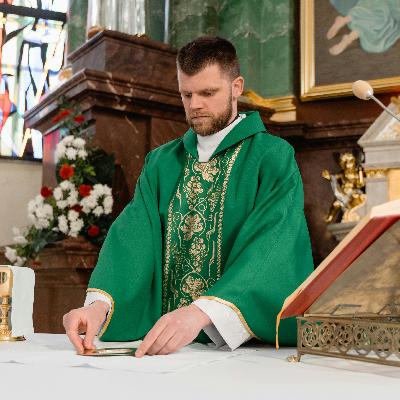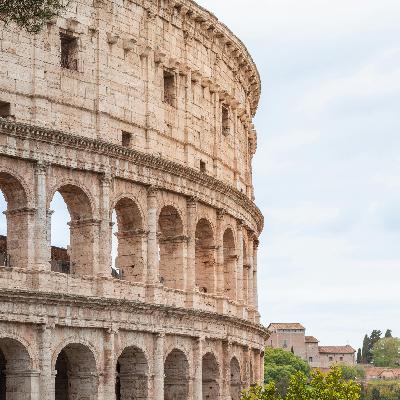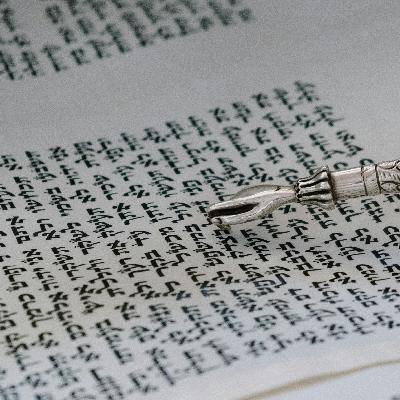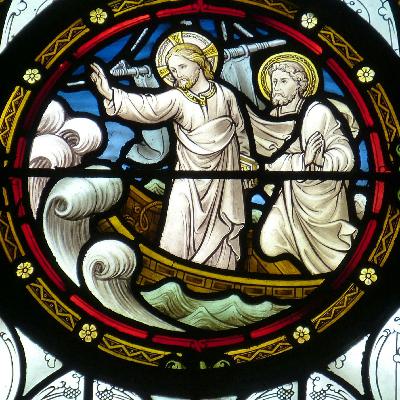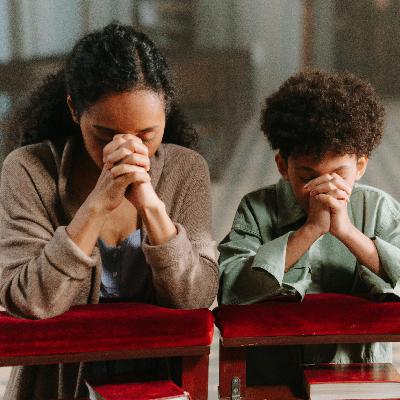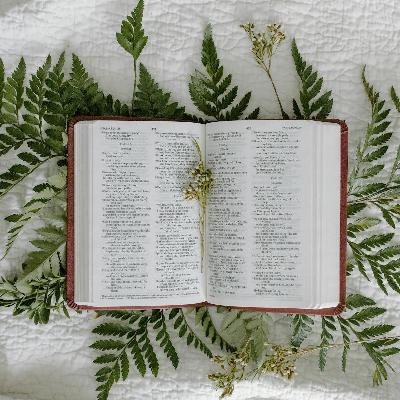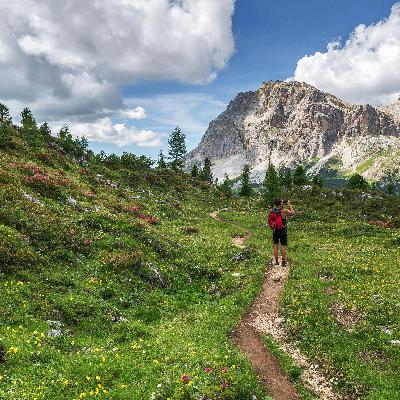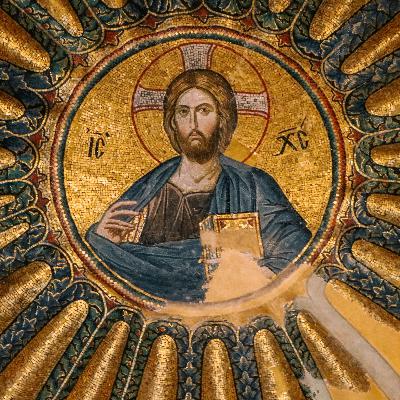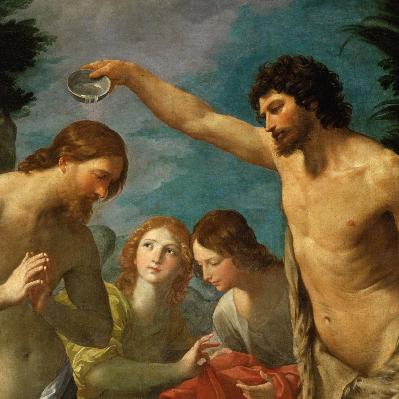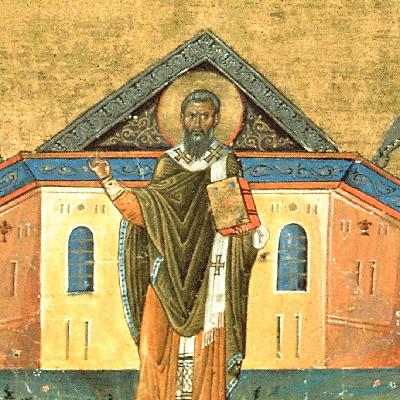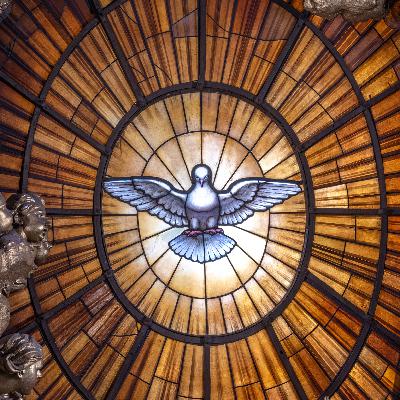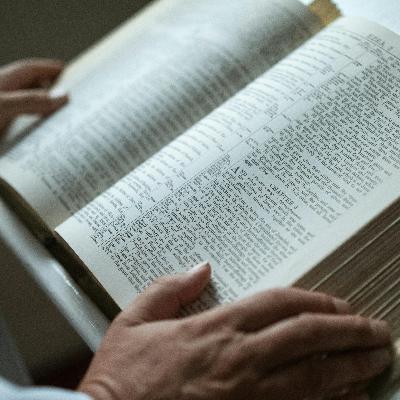Discover Father Fessio in Five
Father Fessio in Five

Father Fessio in Five
Author: Ignatius Press
Subscribed: 10Played: 38Subscribe
Share
Copyright © 2023 Ignatius Press. All rights reserved.
Description
Join Father Fessio every Friday for his profound insights on a wide variety of interesting subjects and be inspired by the thoughts of a great Jesuit. These episodes provide a rare glimpse into the mind of our beloved founder and are an easy and meaningful way to deepen your spiritual and intellectual life!
129 Episodes
Reverse
Today’s episode marks the beginning of Fr. Fessio’s series on the Mass. In this episode, he explains how the Mass is central in the sacramental order.
Fr. Fessio explains what “oremus invicem,” “ad majorem dei gloriam,” and “amor meus pondus meum” mean and why you should use the often.
Fr. Fessio points out how many holy people are like the Holy Family both in their life of grace and often in their obscurity.
Fr. Fessio examines the original Hebrew for two passages in Scripture. In each case, the original language reveals more than our English translation.
Fr. Fessio points out that in Hebrew the word “faith” means something a bit different than it does in English.
Fr. Fessio explains the Latin phrase Pax huic domui and its response Et omnibus habitantibus in ea.
We will be measured not by our human achievements, but by our love. Fr. Fessio explains how we can be great in the kingdom of God.
In today's special episode, Fr. Fessio is joined by Archbishop Cordileone to discuss the importance of kneeling at Mass and when receiving communion. They draw upon Pope Benedict XVI's book "The Spirit of the Liturgy" which is celebrating 25 years of publication.
Get Your Copy of "The Spirit of the Liturgy": https://ignatius.com/the-spirit-of-the-liturgy-commemorative-edition-splcep/?searchid=0&search_query=the+spirit+of+the+liturgy
Fr. Fessio returns to the Our Father and argues for its primacy as a prayer of petition. But he also points out that there are more types of prayer than those of petition . . .
Fr. Fessio explains another common Latin phrase—Deo Gratias. He believes that this phrase is so important that everyone should use it.
Fr. Fessio explains what “Deo Volente” means, and why we should use it in our daily life.
Fr. Fessio recalls a conversation he had with an atheist student where he explained the difference between how an atheist sees the world and how a Christian views creation.
Fr. Fessio reflects on the significance of very first and last words of the Psalms, which begin with happiness and end with thanksgiving.
Recently, Fr. Fessio was deceived by A.I. and warns people about trusting these programs.
We can often go through out day not noticing the presence of God in our lives. But in today’s episode Fr. Fessio teaches us how to notice God in the mysteries of the universe.
Fr. Fessio explains one of the fruits of his morning reflection on the simplicity of God. Father’s analogies are very helpful for understanding how an omniscient and omnipotent God can also be simple.
Jesus said that no person of woman born is greater than John the Baptist. In today’s episode, Fr. Fessio explains this statement and provides a beautiful insight into spiritual excellence.
Fr. Fessio comments on a simple yet profound reading from St. Gregory of Nyssa presented in the Divine Office.
Fr. Fessio explains why it is often difficult to pray to the Holy Spirit and then provides an analogy to help us grow in our love and appreciation for the Holy Spirit.
We all have our favorite Bible verses and in this episode Fr. Fessio elaborates on two verses that resonate with him.


